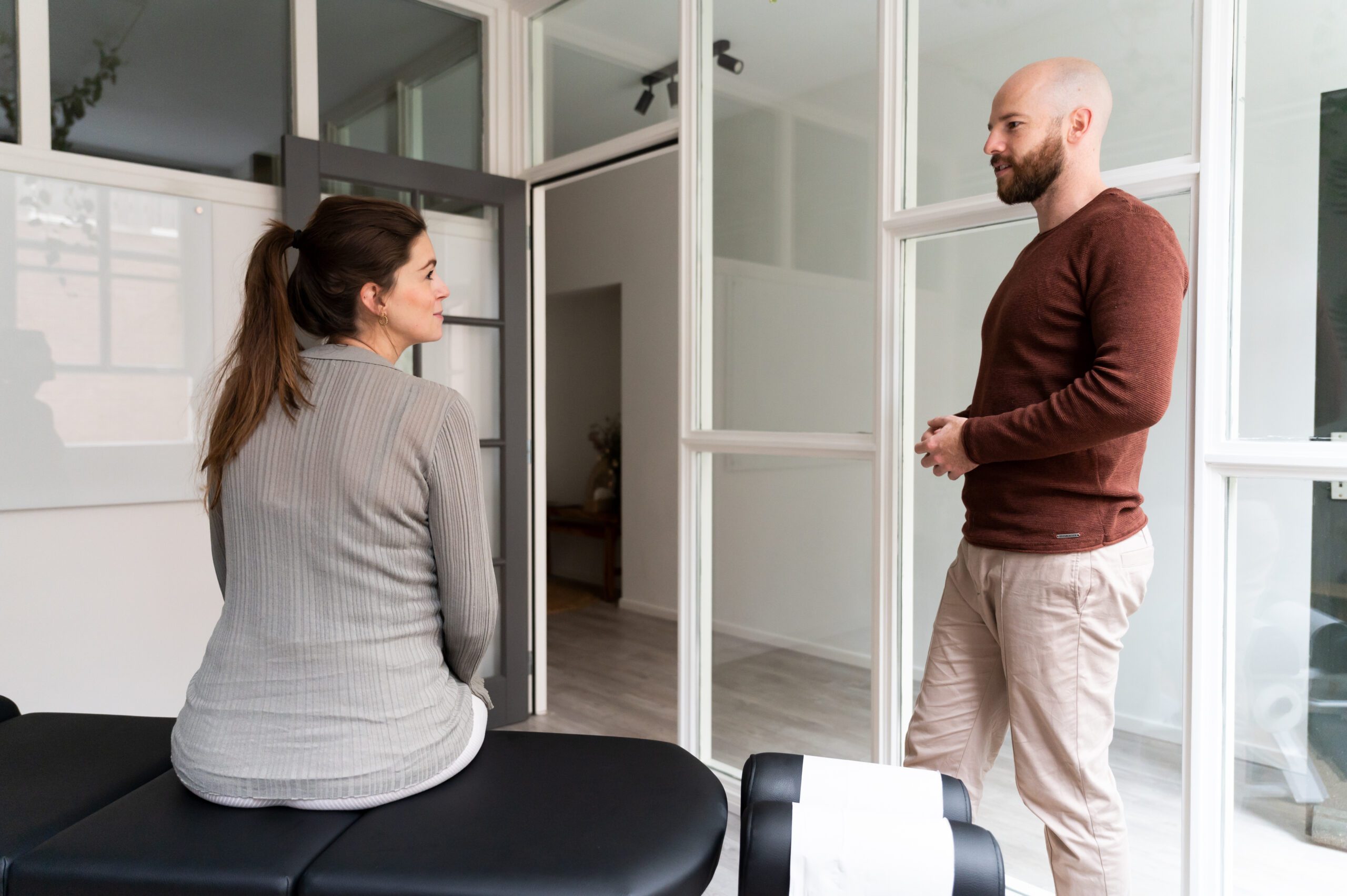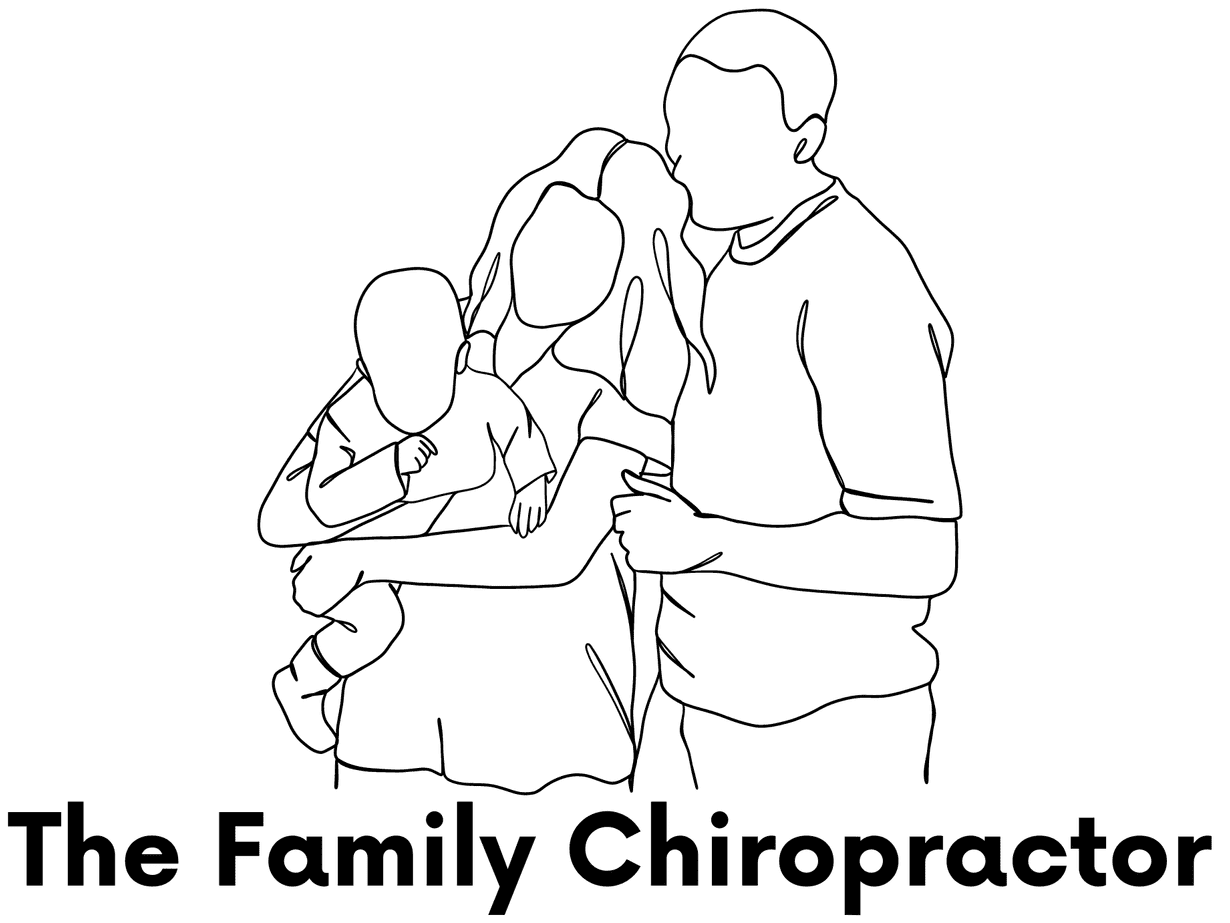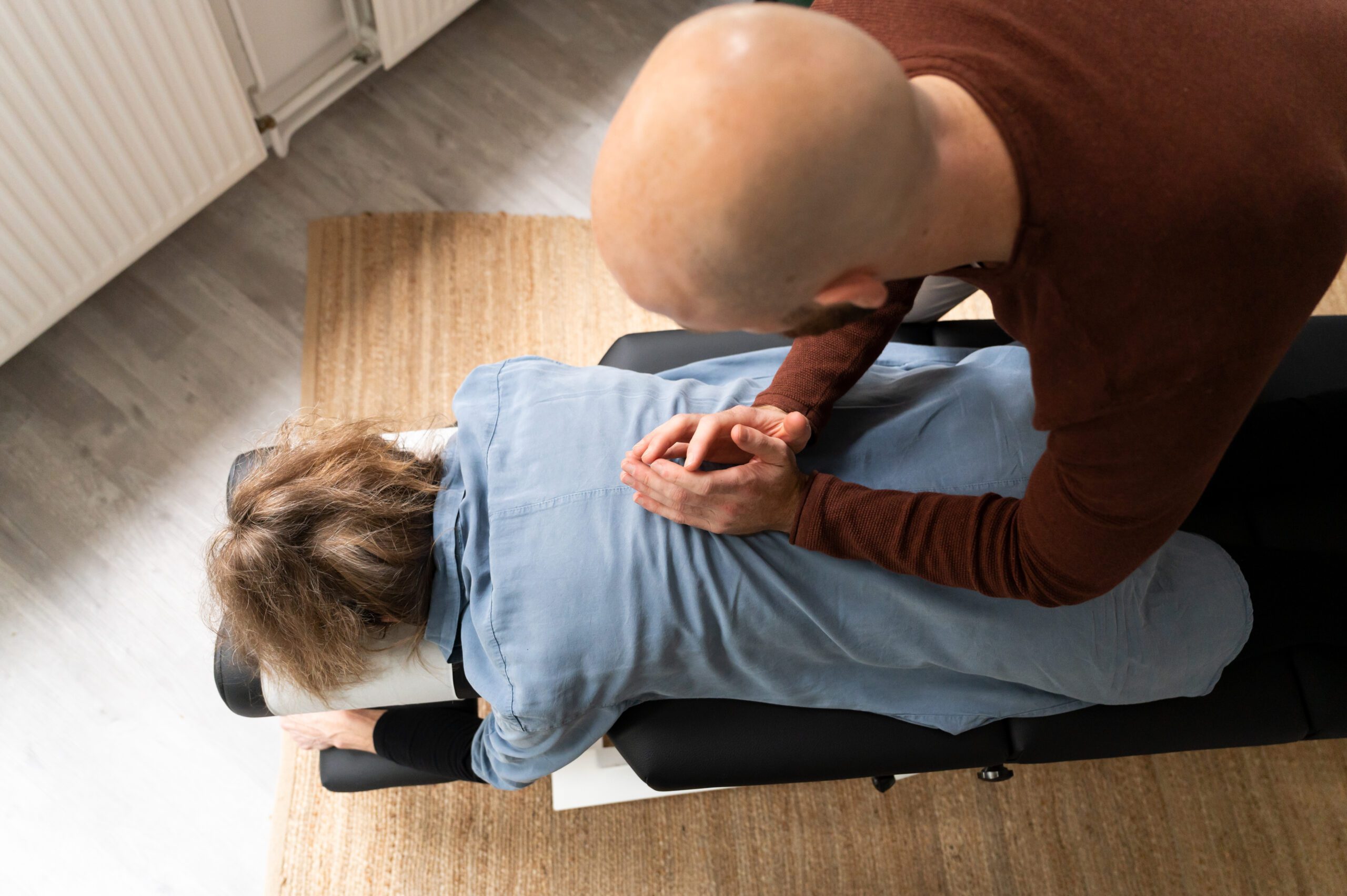Our balance is something we rarely think about until it becomes a problem. People with balance disorder often experience dizziness, instability or a sense of disorientation. This can significantly affect daily life and even cause dangerous situations, especially in the elderly.
In this blog, we discuss the various causes and symptoms of balance problems. We also elaborate on how a chiropractor can help naturally through balance disorder treatment aimed at restoring the nervous system. Finally, we address some common questions, as why do older people suffer from balance disorders more often than younger people? What is the link between balance disorder and coffee, and how does balance disorder interact with the eyes? You can read all about it in this blog!


What is a balance disorder?
A balance disorder is a condition in which a person struggles to remain stable and maintain a good sense of orientation. Balance disorder can manifest itself in different ways, varying from person to person and depending on the underlying cause.
Balance disorder treatment: how can a chiropractor help?
A balance disorder treatment by a chiropractor offers a natural approach to the problems associated with balance disorder.
How does treatment by a chiropractor work?
Your balance is controlled by a complex collaboration between the balance organs in the inner ear, your eyes, muscles and your nervous system. When disturbances occur in the way nerves transmit signals, this can lead to balance problems. Such a disturbance can occur, for example, due to a blockage in the nervous system. The nervous system runs through the spine (spinal column). So if there is a blockage in the neck, or back vertebrae (e.g. due to incorrect posture or prolonged muscle tension in the shoulders and neck), this can cause the nerves to not transmit their signals optimally and your brain to not quite get the information from the rest of your body. A chiropractor helps by removing blockages in the spine, thus restoring your nervous system's ability to communicate optimally between your brain and body.

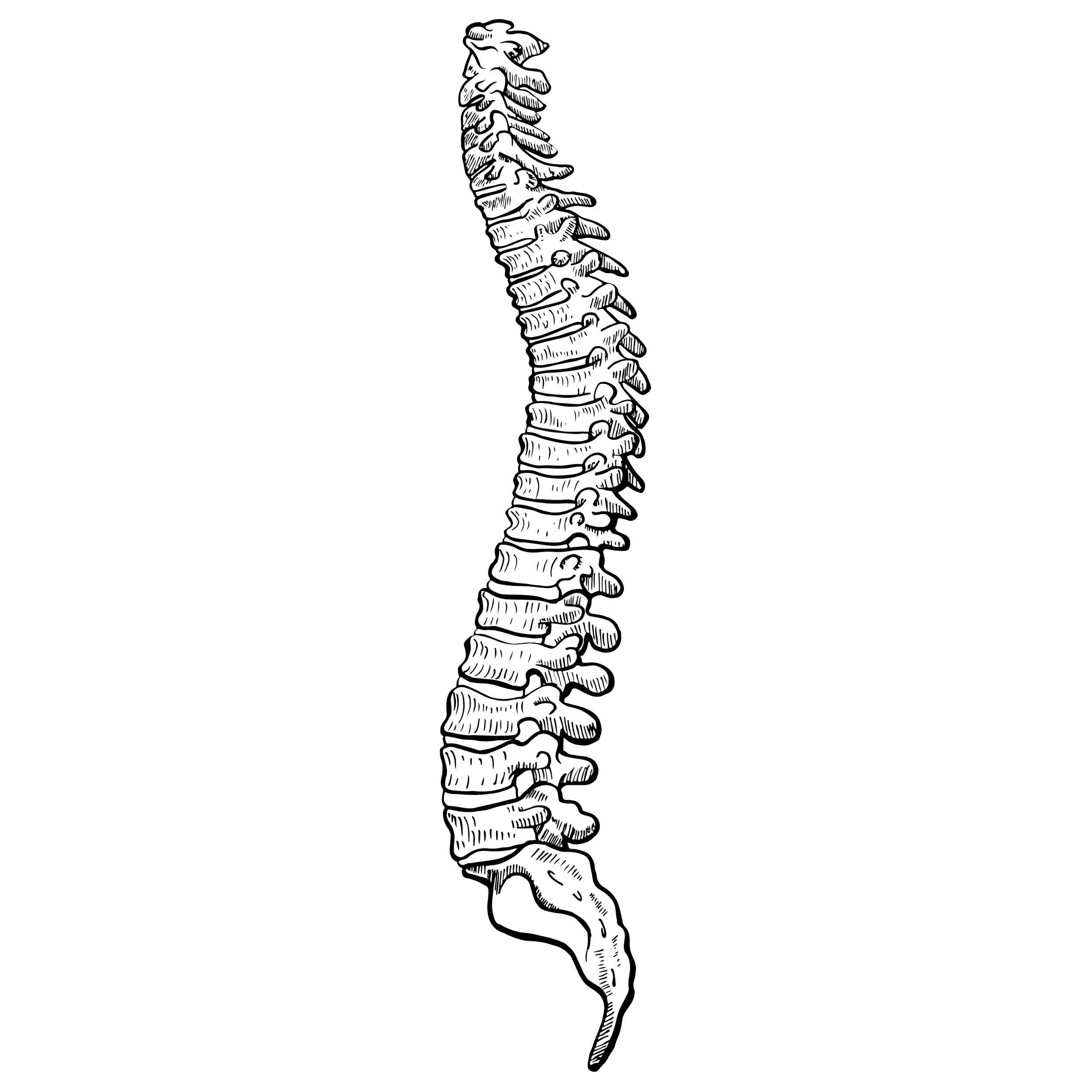
How a chiropractor can help
Every complaint (and balance disorder) is unique. Therefore, we always start with a comprehensive intake, discuss your medical history and do a physical examination and digital postural analysis. The chiropractor examines whether your balance problems could be caused by blockages and/or tension in the spine. Together, we see what we can do for you and draw up a personalised treatment plan. By means of chiropractic corrections (the so-called 'chiropractic adjustments'), blockages in the spine are resolved, allowing the nervous system to function better.
A chiropractor can help with a balance disorder in the following ways:
Correct blockages and tension in the neck or spine, improving nerve conduction and restoring better feedback to the brain from the rest of the body
Optimise your posture so that the body can regain balance and respond better to environmental stimuli.
Restoring cooperation between muscles and joints
Reduce tension in muscles and connective tissue
Better circulation
Increased overall well-being (such as quality of sleep, better ability to cope with stressful situations and pain-free movement)
The benefits of chiropractic balance disorder treatment
Reduction of dizziness and instability
Improved posture (stature) and coordination
Natural approach without use of medication or surgery
Improved circulation and overall well-being
Do you suffer from balance disorders and want to know if we can help you? Please feel free to contact us for a no-obligation consultation. We are here to help you get back on your feet.
Balance disorder cause
Balance problems can occur due to disturbances in various systems in the body. When determining a balance disorder cause, it is important to examine several factors. Below, we describe some common organs and systems in the body where disturbances can lead to a balance disorder:
- Inner ear (vestibular system) - Balance disorders that have their cause in the inner ear are called vestibular disorders. The vestibular system, located in the inner ear, plays a crucial role in maintaining balance and spatial orientation.
- Brain - Balance disorders in which the cause lies in the brain are called central balance disorders. Unlike vestibular disorders, central balance disorders arise from damage or dysfunction in the brain, especially in the cerebellum (cerebellum) and brain stem. These areas play an important role in coordination, balance and the processing of balance information.
- Blood pressure and blood flow - Low blood pressure or heart problems can lead to dizziness and balance problems. Balance disorders caused by blood flow problems are often caused by insufficient blood supply to the brain, especially to the balance centre in the brain stem and cerebellum (cerebellum).
- Medication - Balance disorders can also be caused by side effects of medication. If you take medication and suffer from balance problems, it may be advisable to look at your medication history with your treating physician and check together whether your medication could possibly be responsible for the balance disorder.
- Eyes - Balance disorders can also be caused by problems with the eyes. This is because the balance system relies heavily on visual input to determine movement and orientation in space. Because the eyes have such an important relationship in relation to balance disorders, we discuss balance disorder and eyes further in the paragraph below.
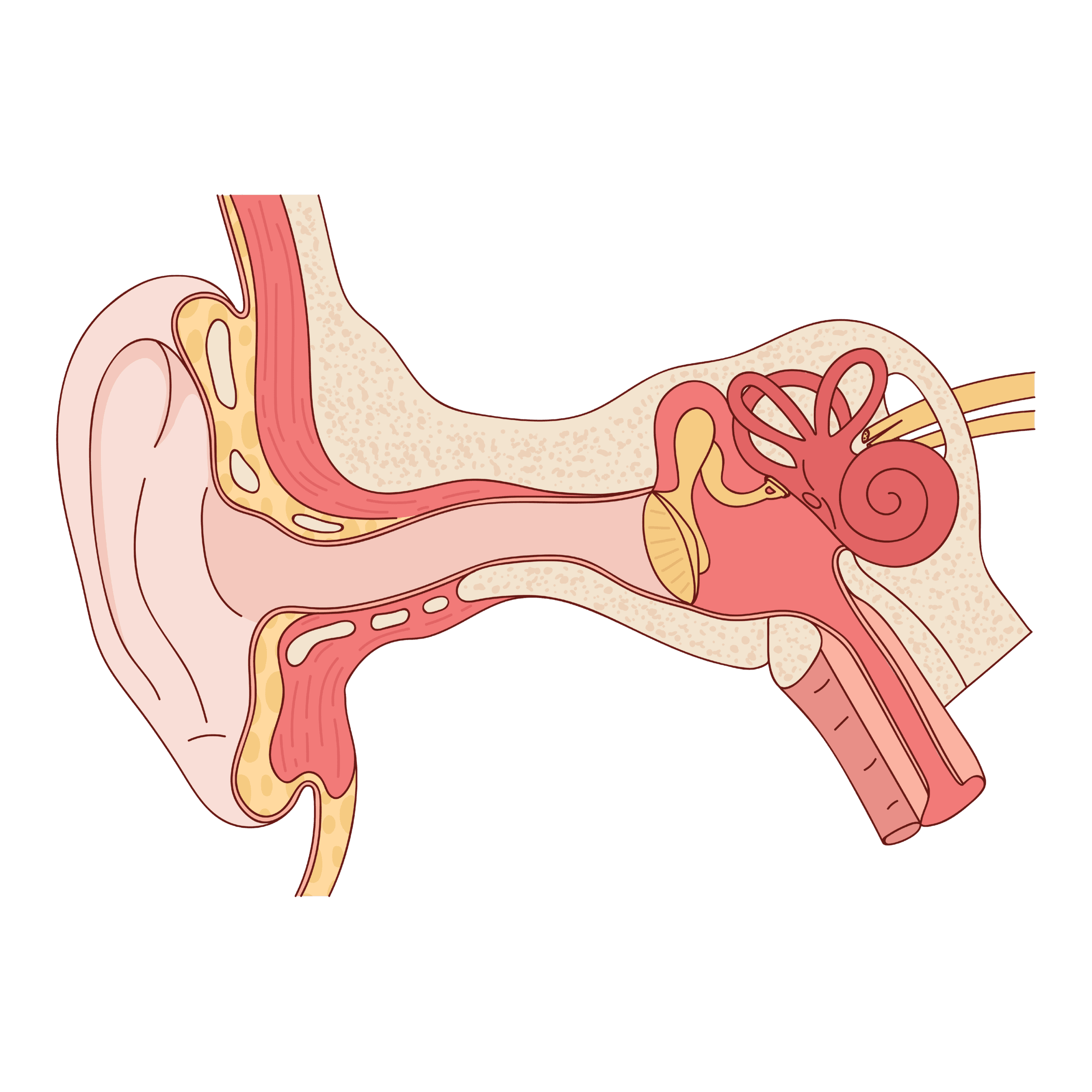
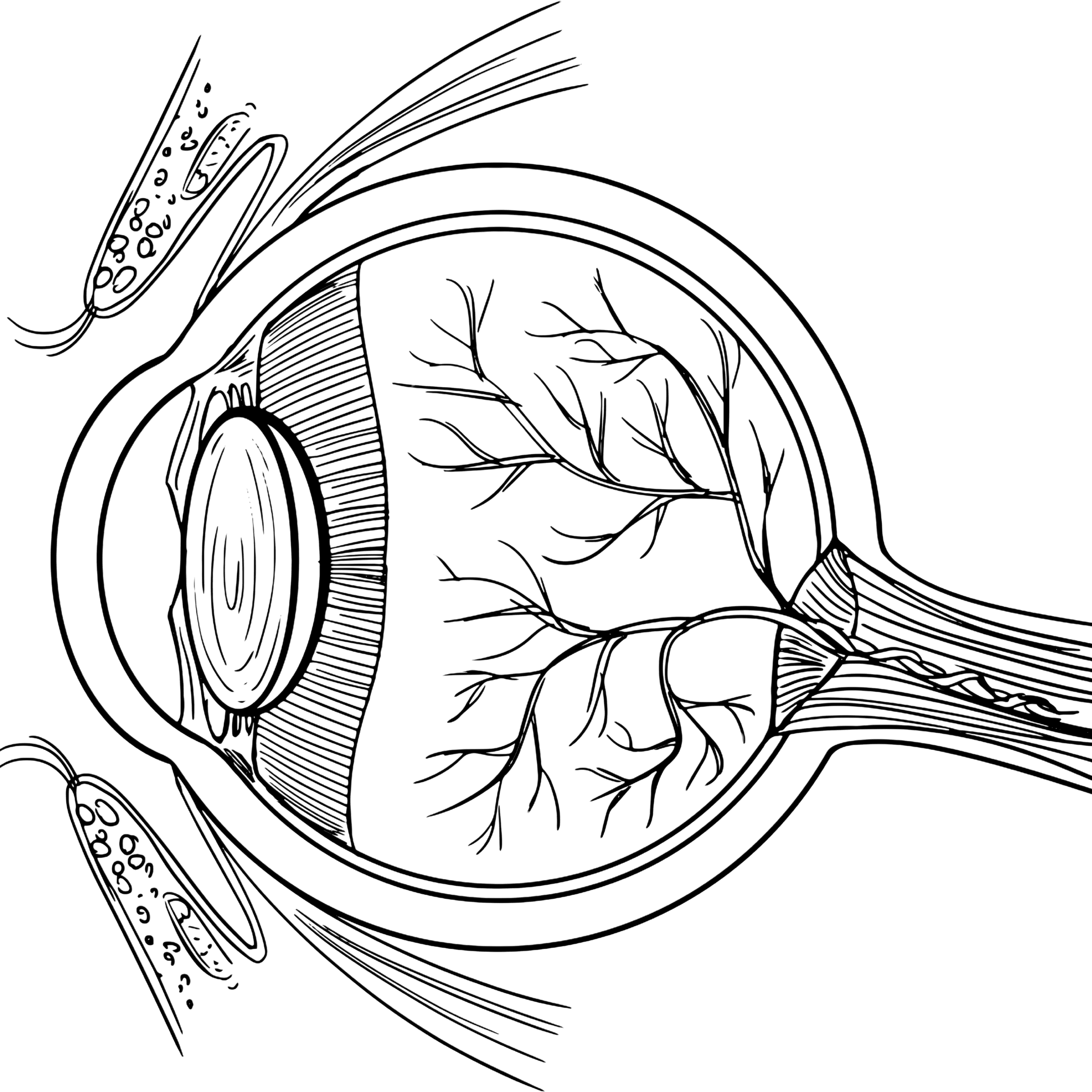
Balance disorder and eyes: what's the connection?
The relationship between balance disorder and eyes is so incredibly important because the visual system plays a major role in maintaining balance. When visual information is not processed properly, it can lead to dizziness and disorientation. A balance disorder and eyes are closely linked by the vestibulo-ocular reflex system (VOR). This system ensures that our eyes automatically adjust to movements of the head.
Possible causes of eye-related balance disorders include:
Eye muscle problems, resulting in both eyes not working well together. With a balance disorder and eyes not working well together, vision may become blurred and dizziness may occur.
Changed spectacle strength or wrong lenses. Changing glasses strength can affect balance disorder and eyes having to adjust to a new strength, which can cause dizziness.
Neurological disorders affecting eye movements. In neurological disorders such as Parkinson's disease or multiple sclerosis, a balance disorder and eyes making uncontrolled movements can lead to instability and dizziness
Balance disorder & coffee: is there a link?
Many people wonder if there is a link between balance disorder and coffee. This may indeed be the case. Caffeine, a substance found in coffee, tea and energy drinks, affects the nervous system and can cause dizziness and balance problems in some people.
How can coffee affect balance disorders?
Caffeine can constrict blood vessels and affect blood flow to the brain
It can cause dehydration, which can lead to electrolyte imbalance
In people with Ménière's disease, caffeine can worsen symptoms
If you suffer from balance disorder and drink coffee, it may help to reduce your caffeine intake and see if this improves your symptoms.
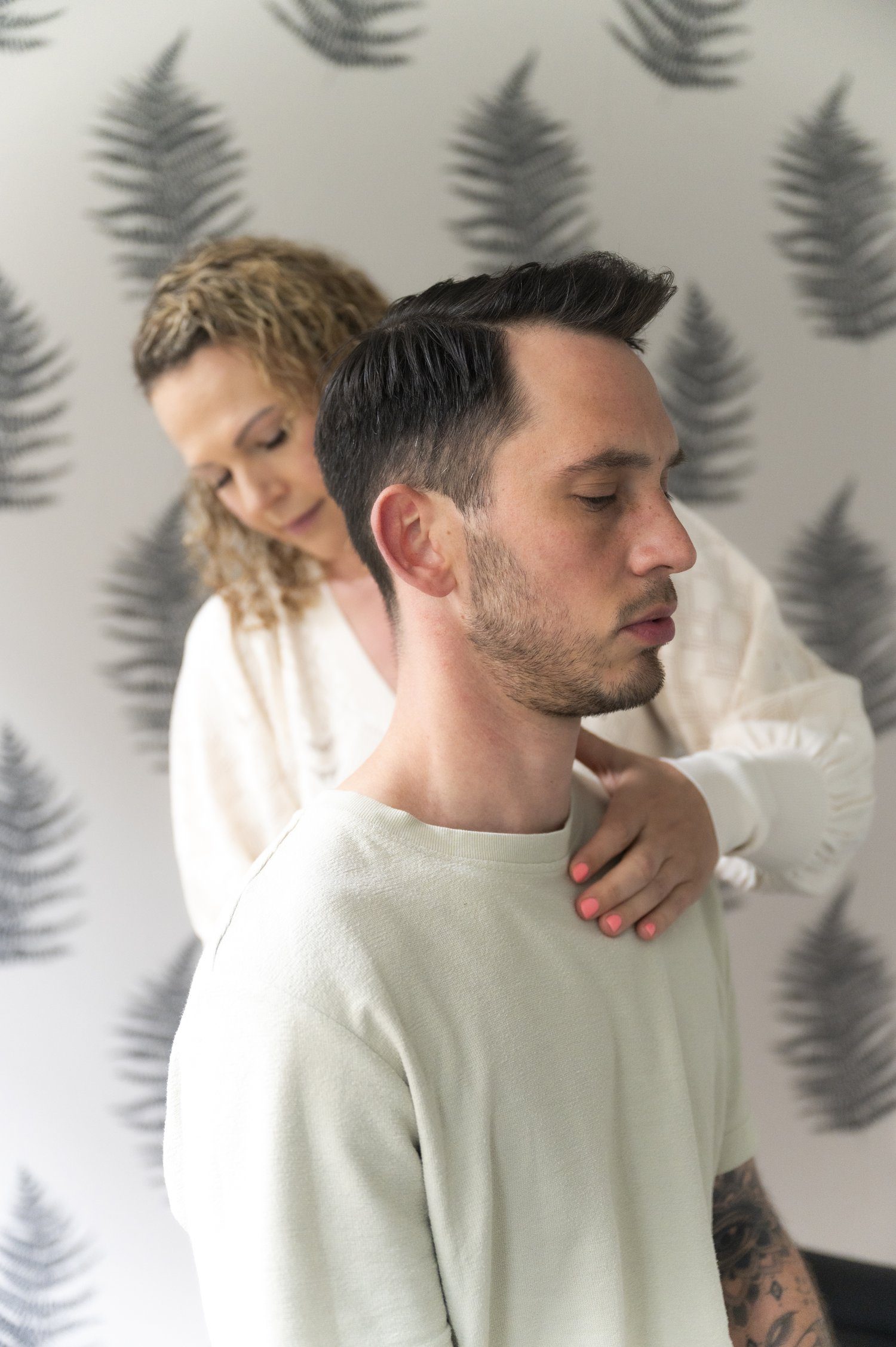
Balance disorder in the elderly: why is it more common?
Balance disorder in the elderly can have a major impact on seniors' independence and safety. Balance disorders in the elderly are relatively common and can lead to an increased risk of falls and injuries. For these reasons, a balance disorder in the elderly should always be taken extra seriously.
As one ages, various factors such as muscle weakness, reduced vision, and balance problems can make it more difficult to remain stable while walking or standing. This increases the risk of falling, which can lead to injuries and a decrease in quality of life. A balance disorder in the elderly can have far-reaching consequences. Indeed, the increased risk of falling can make elderly people insecure about their mobility, making them less daring to move and avoiding social activities. This, in turn, can lead to isolation and deterioration of physical and mental health. It is therefore important that elderly people with balance problems seek help in time to identify the underlying cause and receive appropriate balance disorder treatment.
Fortunately, there are several healthcare professionals who specialise in treating balance disorder in the elderly, including chiropractors. In addition, physiotherapy, balance training and adapted exercises can also help improve stability. Assistive devices such as a cane or walker can provide support. It is also essential to furnish the living environment safely, for instance by removing loose rugs and using good lighting.
What now?
Balance problems can significantly disrupt daily life. Chiropractic care offers a natural way to optimise the nervous system to help restore balance to the body. By working with the spine and nervous system, a chiropractor can not only help you improve your stability and coordination, but also your overall well-being!
Do you suffer from a balance disorder and are curious what a chiropractor can do for you? Then drop by for a free introductory consultation, or book your first appointment straight away!
